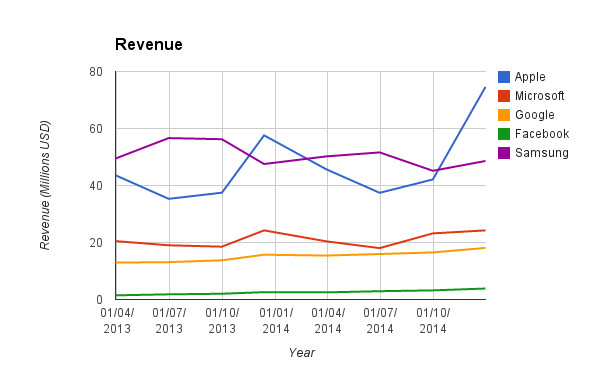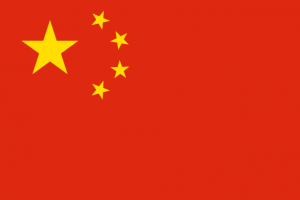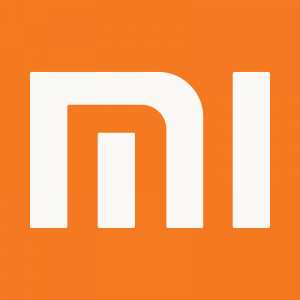2014 has come and gone, so let’s take a look ahead to 2015.
With the start of the new year I thought it would be fun to post some of my thoughts and predictions for what will happen in technology in 2015. I know that everyone and their dog as “prediction” posts around this time of the year, but I thought it would be a good way to work through some of the ideas for my own personal use (perhaps on a podcast or two). I also like the idea of keeping a record of predictions and then seeing how many of them were true at the end of the year. Sort of like a theory scorecard.
Note: I’m not totally sold on using the word “predictions” for what this (and hopefully a few more) post contains since I’m really theorizing on what I think will happen, as opposed to actually predicting a specific outcome. But since everyone uses “predictions” I thought I would stick with that term. If I was more courageous I’d probably make bolder predictions!
Now, with that out of the way, and in no particular order here are my 2015 predictions (theories):
The Apple Watch will be a huge success
The Apple Watch will sell very well in 2015. I’m thinking somewhere north of 30 million sales (not a number I came up with on my own). I’m still conflicted when it comes to the Apple Watch, but something about it and the category it is trying to create triggers something in my gut.
I want to point out the fact that it’s tethered to your iPhone (cutting off all the Android devices out there and the times you want to leave your phone at home). That the use cases for the device are relatively unknown. That there are too many new methods of input. That we don’t know anything about the battery yet. That the cost is too high and the replacement cycle is too quick for a luxury good.
But even with all of those issues something about the Apple Watch makes me think that it will be a success. Maybe it’s the similarity to the way I feel about the Apple Watch today and the way I felt about this first iPad (I didn’t get it). Maybe it’s Apple’s past successes as a company, I’m not sure but something tells me this is a product that will succeed.
Part of my reasoning is that I think that we are getting to the point where we need to enter a new era for our connected lives. We live in a world where we are all connected nearly 100% of the time and I feel as though the mobile phone paradigm wasn’t setup for that. The smartphone got us there, but I don’t think it’s sufficient for the network that it created.
Maybe I’m wrong about the Apple Watch, but I think that all these connections will give rise to something new in 2015 and it just might be the Apple watch.
Big Bold Prediction: Apple will sell 10 million units in the first quarter and 30 million units in the first year. This will allow them to capture: 90% of the smartwatch market. I actually predicted this in the third episode of The Incoherent Podcast: Weird Statues.
Android will have an existential crisis in 2015
Android will face it’s biggest growing pains in 2015. Google has done a lot to make Android one of the best (if not the best) mobile operating systems to use. It’s the dominant mobile platform on the planet, accounting for 84% of the smartphone sales worldwide, so what’s the problem?
Profits for one. Developers are still making less money on Android then they do on iOS. The Android first app development that has been predicted by those who worship at the alter of market share, has still not come to pass. And it’s not just developers, handset makers are struggling too. Witness the decline of Samsung and HTC.
But also witness the rise of Xiaomi, who is now the 5th largest phone seller in the world, and a phone seller that sells a non-Google controlled version of Android. What does that mean for Google as they try to tighten their control over the operating system by bundling more and more features into their Google Play Services? You have hardware manufacturers struggling when selling your operating system, and others succeeding selling a version of your operating system that you no longer control. (Don’t forget about Huawei, Lenovo, ZTE, and Micromax…)
Android isn’t going anywhere but I wouldn’t be surprised if we see a version of Android that will differentiate from, and compete with, Google’s version of Android. This could happen on a global scale, or on a regional scale as it already seems to be doing in China. Cyanogenmod perhaps?
Big Bold Prediction: A hardware manufacturer will release an Android phone with a differentiate custom version of Android (outside of China) that users will actually want to buy.
App discoverability will become (more of) an issue
There are 1.3 million apps in Google Play and 1.2 apps in the Apple App Store, this makes discovering new apps very difficult. I think this difficulty could give rise to new competing app stores or paradigms (that might actually succeed outside of China) that will differentiate based on discoverability and not necessarily the number of apps.
Big Bold Prediction: A successful and relevant app store or discovery engine for apps, not Google Play or the Apple App Store, outside of China.
Bonus Round
Here are some off the wall predictions that I don’t really think will come true but I wouldn’t be totally surprised if they did:
Microsoft will drop Windows Phone
After years of sub-par sales, low low market share, and billions of dollars spent (advertising, development, keeping Nokia on board and then buying Nokia) Microsoft will finally drop Windows Phone.
Super far-out prediction:
Microsoft will fork Android
Not wanting to be left out of the market entirely, after dumping Windows Phone, Microsoft will fork Android and release a Microsoft service based version of Google’s baby on their own hardware. This has the added bonus of tying into my Big Bold prediction for Android above.
Stay tuned…
That’s it for now, in part two I will give you some of my thoughts on China, VR, Microsoft’s relevance outside of the enterprise, and a few other topics.









